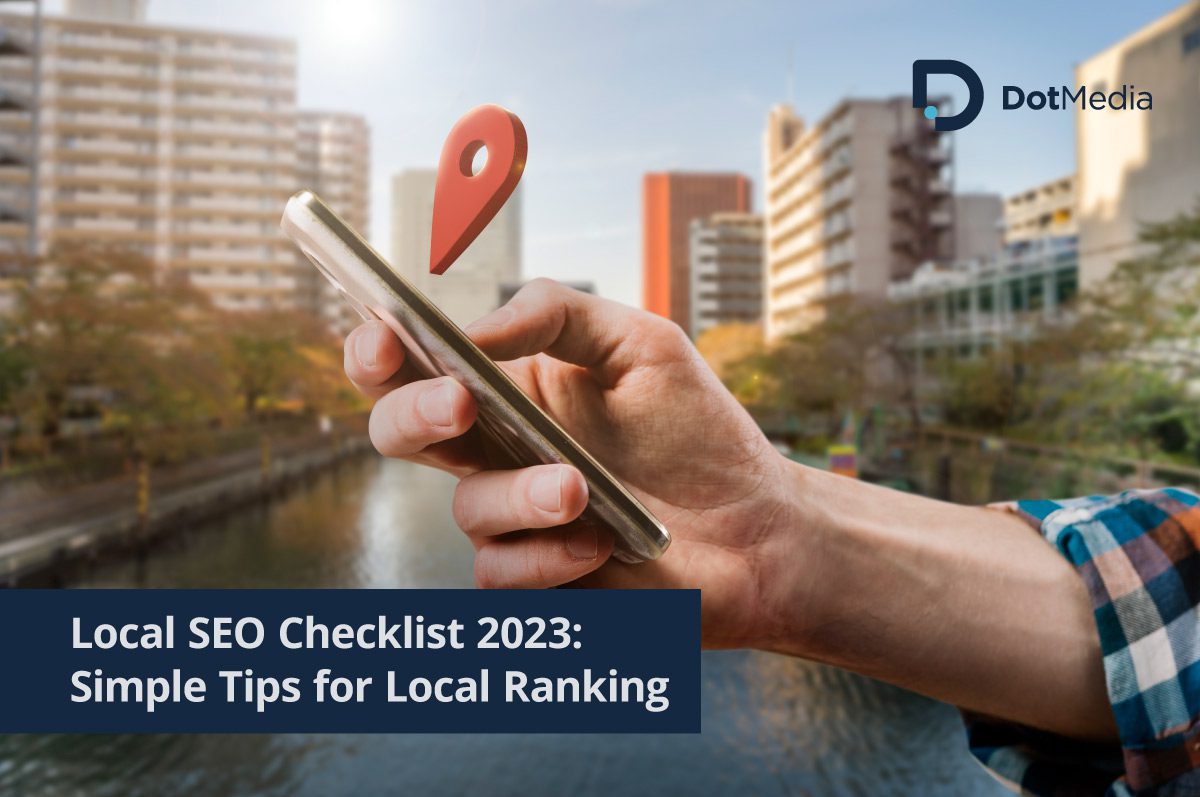How SEO Can Be Integrated into Your Content Marketing
There are many reasons to blog but should (Search Engine Optimisation) SEO be one of them? The truth is, it can help with SEO when you approach the platform the right way; however, there’s also caution in merging two methods that have long made its mark and purpose online.
In case you’re up to the challenge of pursuing SEO through blogs, here are five ways to hit the ground running.
Know Your Purpose
Many keyboard warriors blog with one purpose in mind: they have something to say or share. Often, blogs focus on specific topics, such that it resonates with the interests or causes of the writer.
For the most part, blogs are seen as original content that is as personal as the blogger. On other accounts, blogs are also reported to aggregate other available content online.
Once you find your niche, set out what you want to write, and plan your topics ahead of time. Always go back to the drawing board when you find yourself tempted to go to many things at once.
Be strategic in your purpose and the rollout of your blogs. You may not notice it, but these are also applicable to SEO-writing. So when you merge both methods in one medium such as blogging, you’re getting both things done in one go.
Make it Personal, Authentic
Many of the pieces of advice you will get from seasoned bloggers is that your content should be sincere and authentic. This is best shown when the blogger registers his or her personal experiences or insights into other points of the content. In contrast, SEO writing is seen as an institutional approach towards topics, often generated with ready facts and buzzwords.
Readers are perceptive if a blog is pushing for specific keywords too far, and thus may be interpreted as a “business” ad or SEO-centric content. Readers and Google won’t like it. So when incorporating SEO into your blog, be mindful of these cardinal rules:
- Write as if you don’t care about SEO.
- Be true to yourself and your story.
- Make it relevant to your business.
- Make it interesting.
- Make it useful.
Avoid ‘Keyword Stuffing’
Search engines are getting smarter and will always get a grasp into your website or blog. That is how sites are ranked according to category. Creating more blog content will allow you to manage your keywords in a useful way.
Avoid “keyword stuffing” and being punished by Google through plummeting in the rankings. By being aware of your market and platform as a blog, you can increase your range of keywords, and avoid the risk of keyword stuffing.
Blog posts also tend to be about quite singular, individual topics, which means they come in handy for adding different keywords into your site without diluting your current keywords.
Get ‘Crawl Space’ through Blogs
Having more relevant and updated pages on your website or blog will be rewarded with what search engines do – crawl and index. When combined, this is called having more “crawl space” for search engines to go through. This, in turn, helps in the ranking of your site and brand.
Update contents and website regularly
The usefulness of blogging for SEO is made more impactful because search engines regularly check on time stamps of posts.
After all, nobody likes outdated information. Google always looks for new information to share with the public. With consistent and regular updating and blogging, this will push your brand consistency at the top of pages and help maintain visibility to loyal fans.
// Wrapped Up
That’s it! See how blogging can be an essential tool to help with your SEO? Don’t do it for its own sake but make it useful by applying standards of relevancy, authenticity, and intent with the right keywords in mind.
In keeping it real, you have combined the powers and wonders of blogging and SEO for your brand.
If you’re looking for an SEO agency in Totnes, Dot Media is here to help!
Get in touch today for a free consultation.





